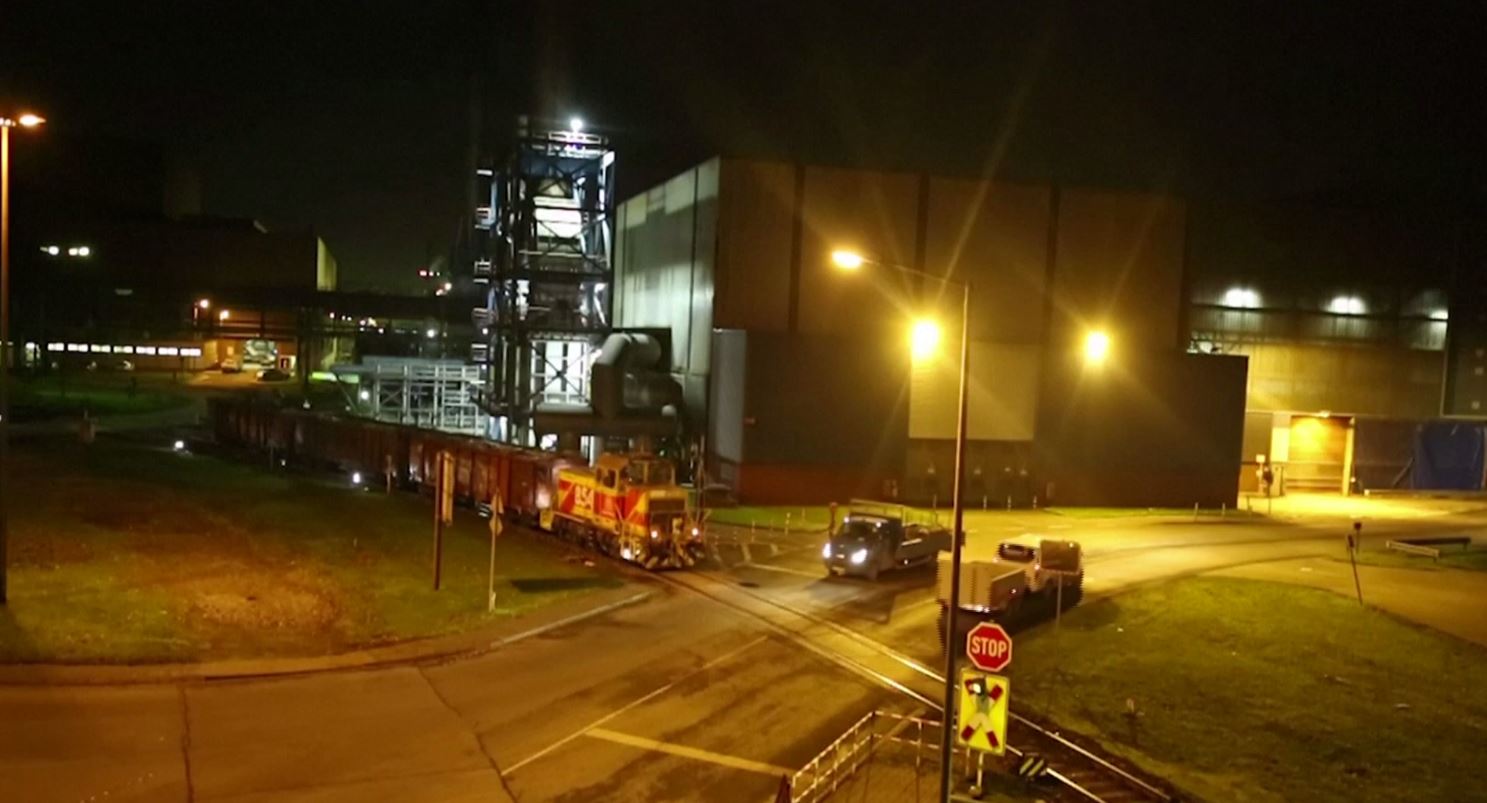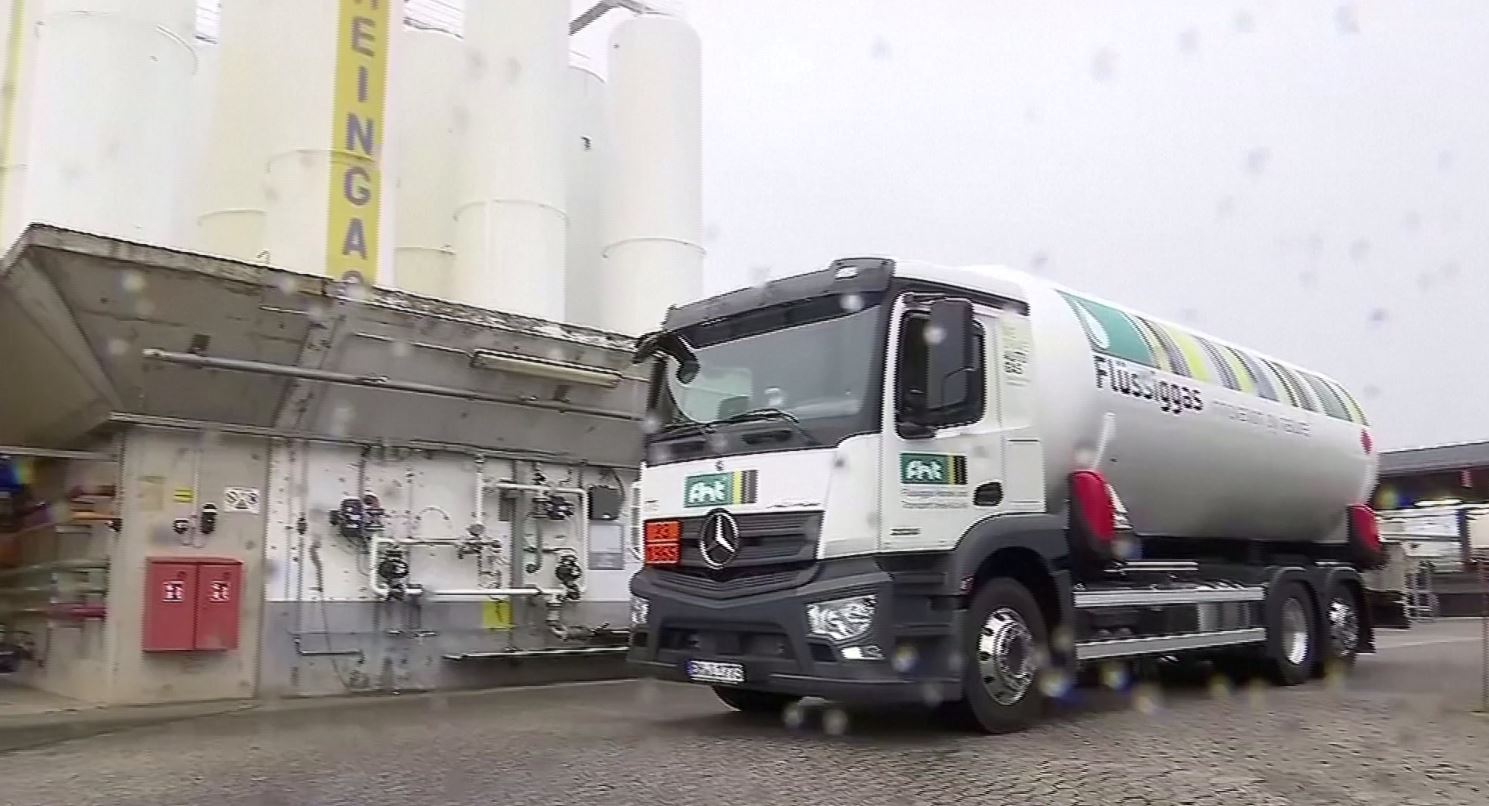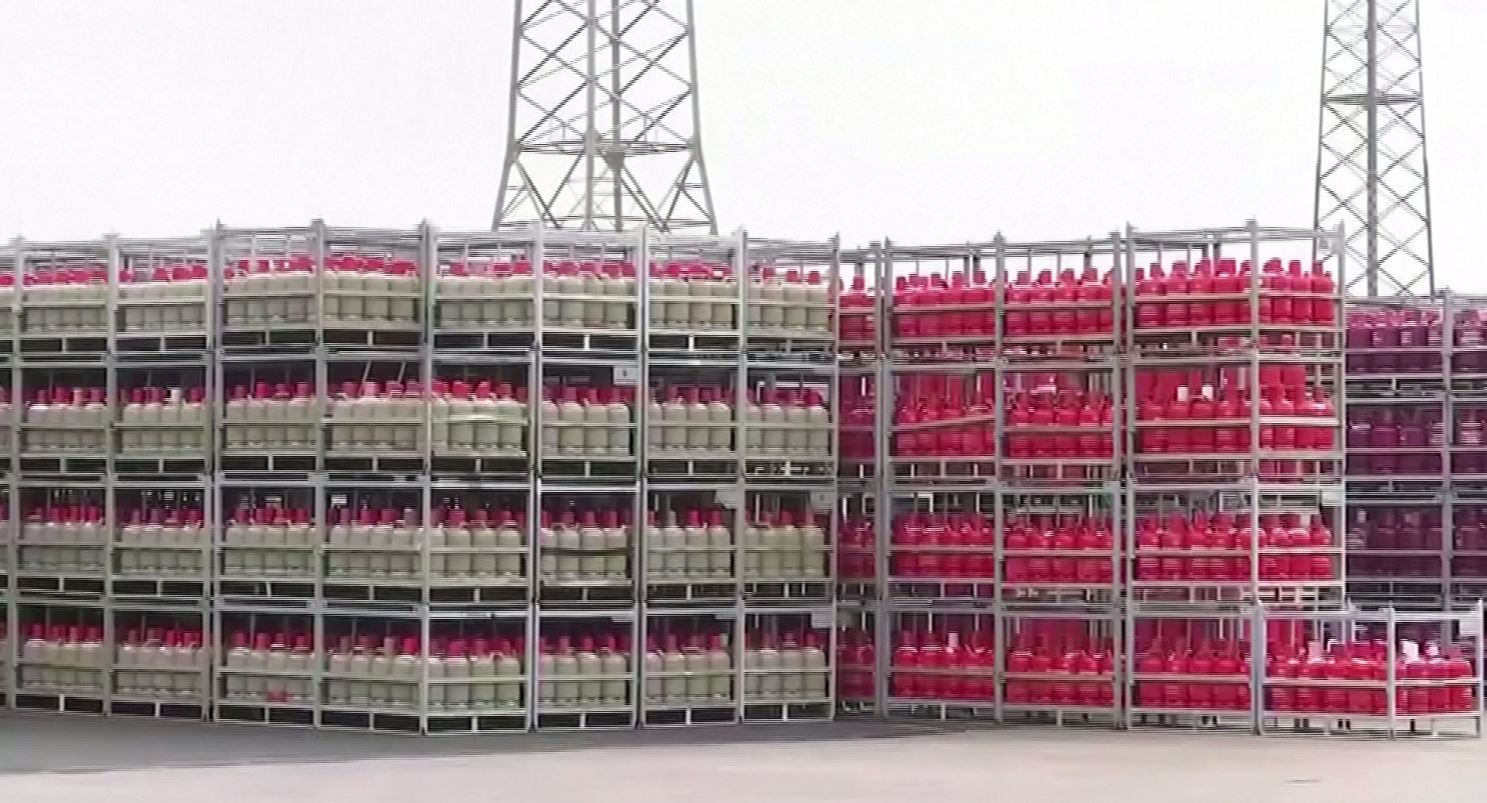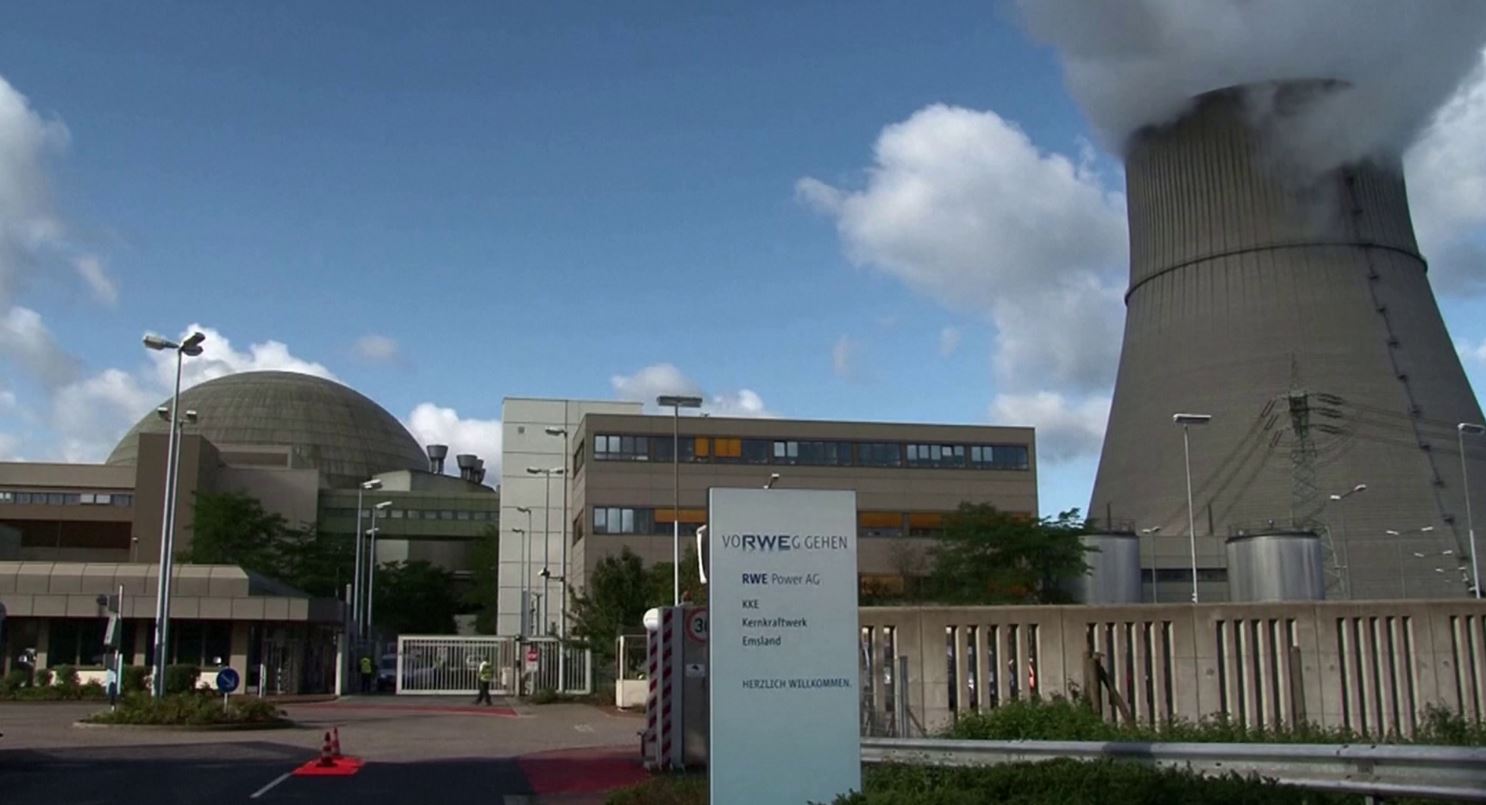INTERNATIONAL: Germany has activated the first stage of an emergency plan to manage gas supplies in Europe's largest economy in preparation for a possible disruption or halt in natural gas supplies from Russia.
Russia accounted for 55% of Germany's gas imports in 2021 and 40% in the first quarter of 2022.
Economy Minister Robert Habeck has said Germany will not achieve full independence from Russian supplies before mid-2024.
Moscow said last week it would draw up a mechanism by March 31 under which so-called "unfriendly" countries - those behind sanctions imposed over Russia's invasion of Ukraine - would pay for gas in roubles. That includes Germany, Europe's industrial powerhouse, and other European allies.
Most now pay in euros or dollars.
Habeck, who is the minister responsible for Germany's energy security, has rejected Russia's demand, saying contracts would be honored under current terms.
Russia's biggest German customers are Uniper, RWE and EnBW's EBKG.DE , which all have long-term gas supply contracts. They have not commented on individual preparations for any disruption.
Berlin's "Emergency Plan Gas" has three crisis levels.
The first level, which the government has triggered, is the early warning, when there are signs a supply emergency could develop. The second is alarm, when a disruption to supply or extraordinarily high demand upsets the usual balance but can still be corrected without intervention.
The third level is an emergency, when market-based measures have failed to remedy shortages. At this stage, Germany's network regulator, the Bundesnetzagentur, must decide how to distribute any remaining gas supplies across the country.
If Germany does not secure enough gas, industry, which accounts for a quarter of German gas demand, will be hit first.
Private households will have priority over industry, while hospitals, care facilities and other public sector institutions with special needs would be last to be affected by a disruption.
Apart from energy providers, the industries most worried about losing gas include chemicals, where gas is used for making everything from plastics and fertilizer to fibers and solvents. In turn, carmakers depend on chemical products for products such as batteries and laquer.
Refineries need gas to run crackers to make products including naphtha, gasoline, jet fuel, and diesel and heating oil.


























